PACCAR Incorporated, which was founded in 1905, describes itself as a “world leader in the design, production, and customer support of high-quality premium vehicles.” Even if you are unfamiliar with the company’s name, you are virtually certain to be familiar with the names of its most popular brands in North America: Kenworth and Peterbilt trucks.
Our research team has compiled an article titled “Who Makes Paccar Engines?” to provide you with all of the information you want about this well-known firm. This article also includes information about the company’s history, engine types, and customer reviews to help you develop an opinion. So sit back, relax, and read for 6 minutes to absorb all the information.
Who Makes Paccar Truck Engines?
Paccar Inc. manufactures Paccar truck engines. Since its inception in 2010, the world-class Paccar engine facility in Columbus, Mississippi, has manufactured over 130,000 engines.
Paccar Inc. revealed its unique Paccar MX engine line in the last decade at its state-of-the-art Technical Center, following 10 years of research effort and a $1 billion investment. The new diesel engines are the standard equipment on trucks built by Paccar subsidiary Kenworth Truck Co.
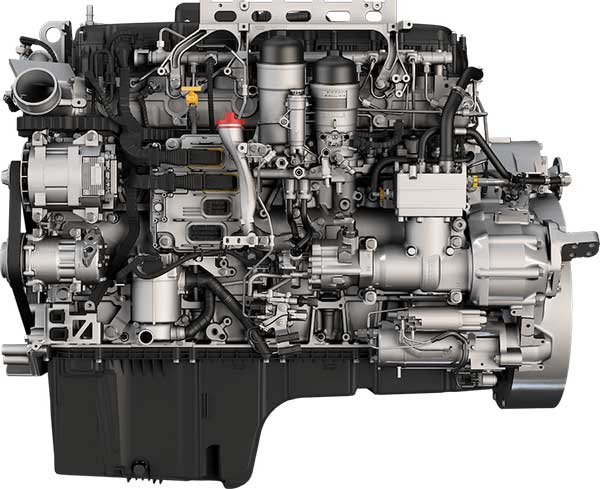
About The Manufacturer
PACCAR Inc is a Fortune 500 business that is one of the world’s biggest producers of medium- and heavy-duty vehicles. Under the Kenworth, Peterbilt, Leyland Vehicles, and DAF nameplates, PACCAR designs, manufactures and provides customer support for light, medium, and heavy-duty trucks. PACCAR also designs and produces powertrains, offers financial services and information technology, and distributes truck components.
Kenworth Truck Company manufactures superior commercial vehicles for sale in North America and Australia, as well as for export worldwide. In the United States and Canada, Peterbilt Motors also develops, manufactures, and sells premium commercial vehicles. DAF Trucks produces trucks in the Netherlands, Belgium, Brazil, and the United Kingdom for sale in Western and Eastern Europe, as well as for export to Asia, Africa, and North and South America.
PACCAR sells its goods and services to clients all over the world through a 2,200-strong dealer network. PACCAR Global distributes its products in over 100 countries and is developing its dealer network in Asia and throughout the globe. PACCAR generates almost half of its revenues and earnings outside of the United States.
Paccar Engines
PACCAR engines are recognized for their quiet and smooth running, as well as their longevity, fuel efficiency, and power curve. It’s a winning formula for fleets seeking excellent performance.
PACCAR proudly makes four different types of truck engines, all of which are neatly designated in odd numbers depending on the capacity in liters of the engine.
Diesel fuel and maintenance are two of the most constant costs of transportation. Regardless of which of the two you despise more, PACCAR offers a diesel engine option for your truck(s) to keep your costs to a minimum.
The PX-7 is our best option if you have a medium-duty truck and want to save money on gas. There’s a good possibility you’ll want to opt for the MX-13 if you want a long-lasting engine. Then there are the two in the middle PX-9 & MX-11, if you want to cut your maintenance and fuel consumption expenditures across the board.
The PACCAR MX engine produces up to 485 horsepower and delivers outstanding performance across a wide range of engine speeds. PACCAR pioneered the design and production of high-strength compacted graphite iron (CGI) utilized in the MX engine block and cylinder head, in addition to performance excellence.
Are Paccar Engines Any Good?
Paccar’s goal is to keep you on the road — and away from the shop. As a result, the PACCAR Engine was designed with the greatest extended service intervals on the market. This means more mileage, less downtime, and more time on the road.
PACCAR has been designing and manufacturing creative, dependable, productive, and efficient heavy-duty diesel engines for clients all over the world for more than 60 years. To improve engine design and manufacturing capabilities, PACCAR runs two technologically sophisticated engine research and development laboratories with 47 engine test cells and a powertrain dynamometer.
PACCAR engines are designed to last a long time. Whatever the weather, this engine will get you to your goal with plenty of power.
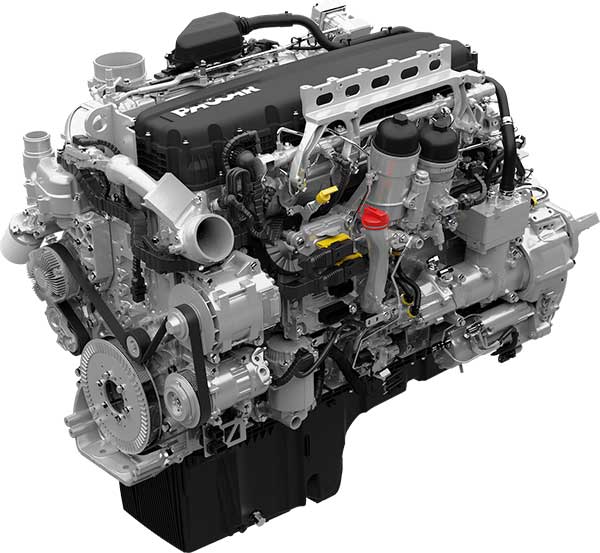
Paccar Engine Reviews
Every component is planned and built to function in perfect harmony in Paccar Engines. The PACCAR engines have outputs ranging from 299 to 530 horsepower, making them excellent for long-distance coaches, as well as intercity and public transportation applications.
Several innovations on the MX engines are meant to increase performance and fuel economy. Oil filtration and temperature controls are integrated into the lubricant module & variable displacement oil pump, which increases uptime and improves serviceability.
A new single cylinder air compressor and variable speed coolant pump are available on the MX-11 and MX-13. The fuel system combines high pressure with a common rail system, resulting in improved combustion, increased fuel economy, and lower noise and pollutants. With peak torque of 1550-1850 lb-ft at low RPM, the engines are sure to provide more low-end power.
PACCAR’s engine range is built to be tough and long-lasting. Both MX engines have been engineered to have a B10 life of one million miles, which is the best in the industry. PACCAR expects 90% of their engines to last one million miles before requiring a significant repair.
Are Paccar Engines Better Than Cummins
Paccar is far more dependable, plus they come with an extended warranty. Cummins has complaints like poor cams, terrible fuel pump pistons, carbon packed rings, and so forth. The Cummins engine offers higher horsepower but worse MPG.
Paccar is a little less powerful, but it gets better MPG. The only disadvantage is that you will need to go to a Paccar shop for engine work, but since you have a guarantee, this will be free.
Conclusion
Engines are more than just a means of propelling your truck forward; they’re the lifeblood of the beast! Whatever engine you choose, it’s apparent that PACCAR considers the engine to be one of the most essential elements of the vehicle and takes great care in making it the best it can be.
PACCAR Engines were introduced to the market with the objective of ensuring your success by combining high performance with dependable, weight-saving innovations. They maintained their word with state-of-the-art development and production facilities where their technicians and engineers test, validate, and test again to assure unrivaled performance in all situations, resulting in consistently high quality.
We hope that this article has given you a better understanding of Paccar engines. If you have any further questions, please leave a comment below so that we can reach out to you.

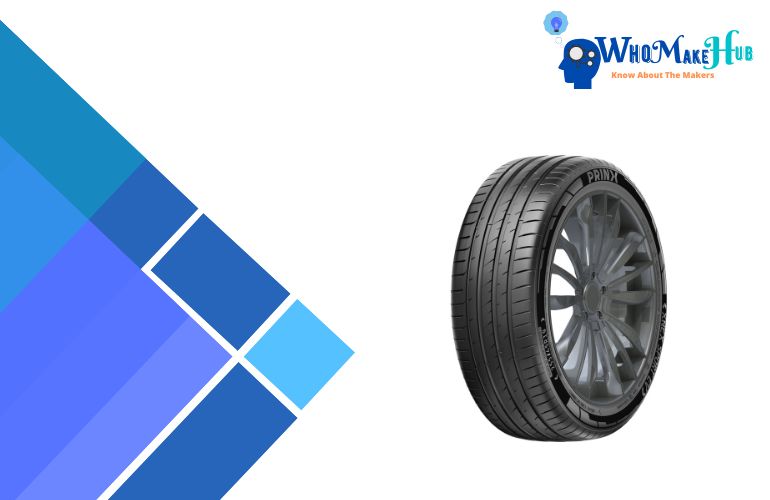
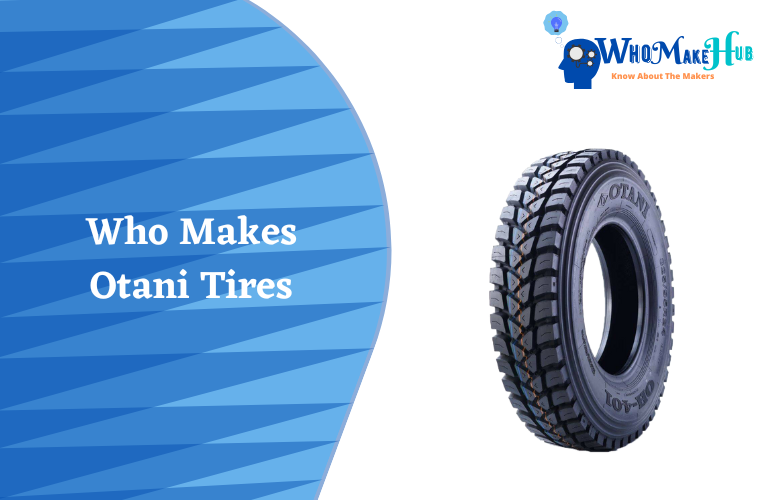
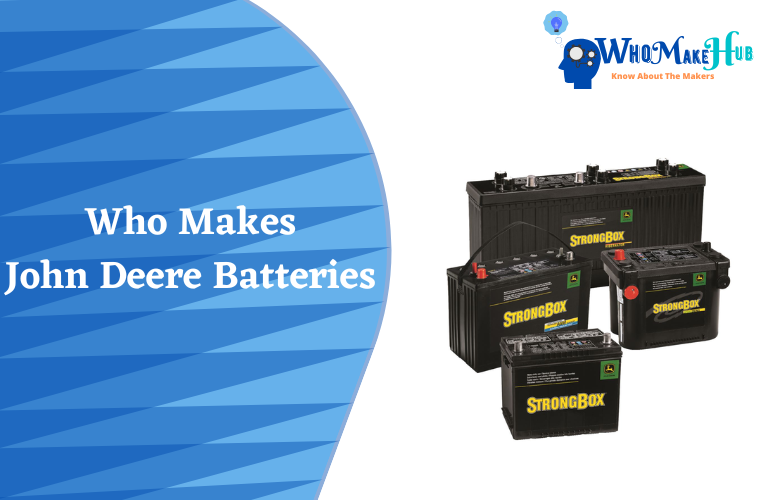
2 Comments
Im a owner operator my kenworth T680 has been in the shop over a month because they cant get a sensor from paccar to fix it . What do we do as a small business who trust the kenworth soon my funds will be gone ill be back to a company driver but know one will will pass compensation down to the little guy ir take blame .
georginourt